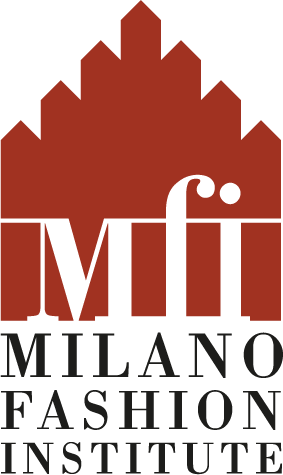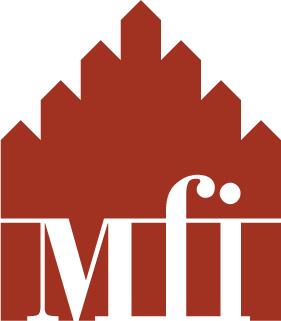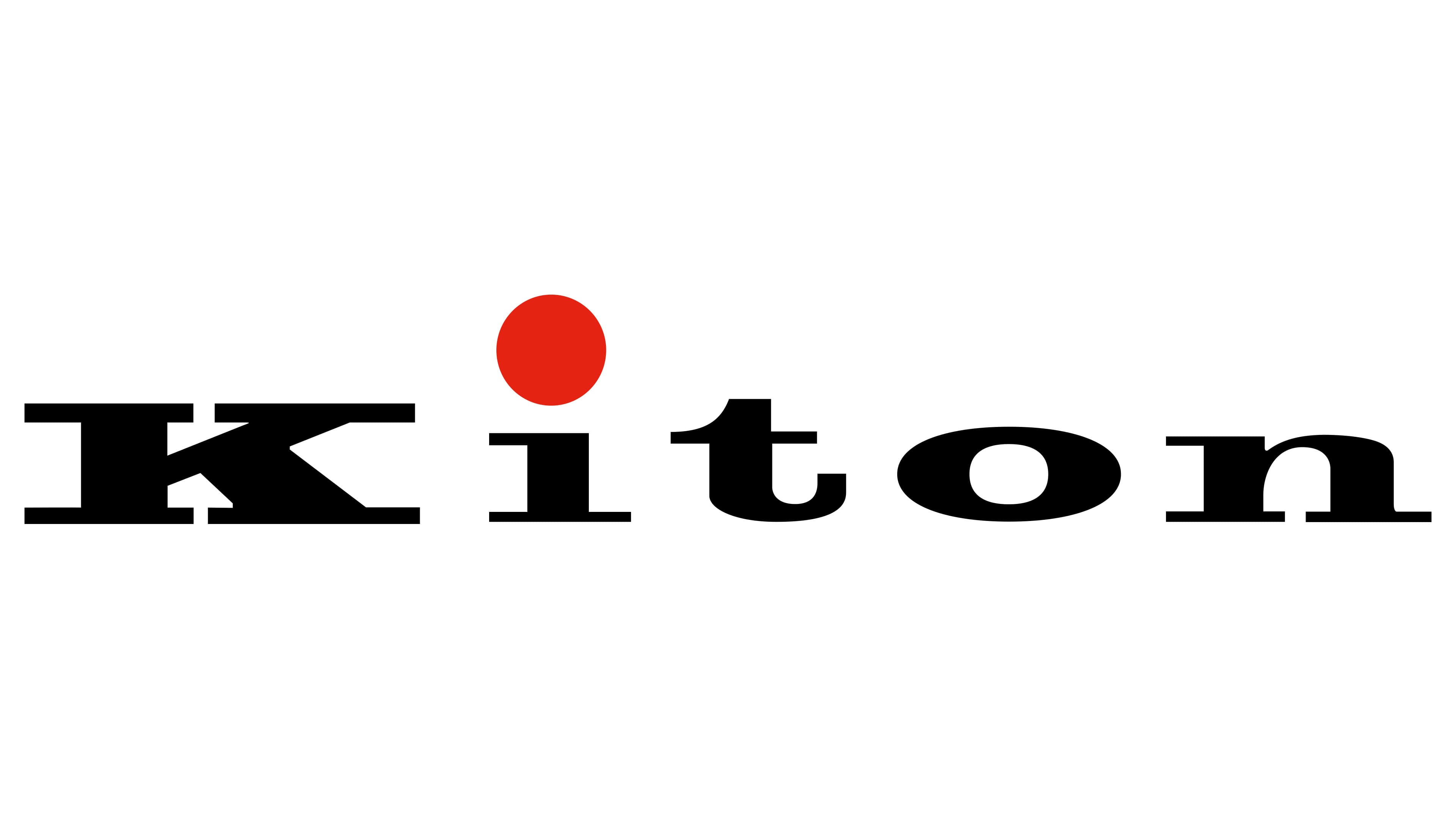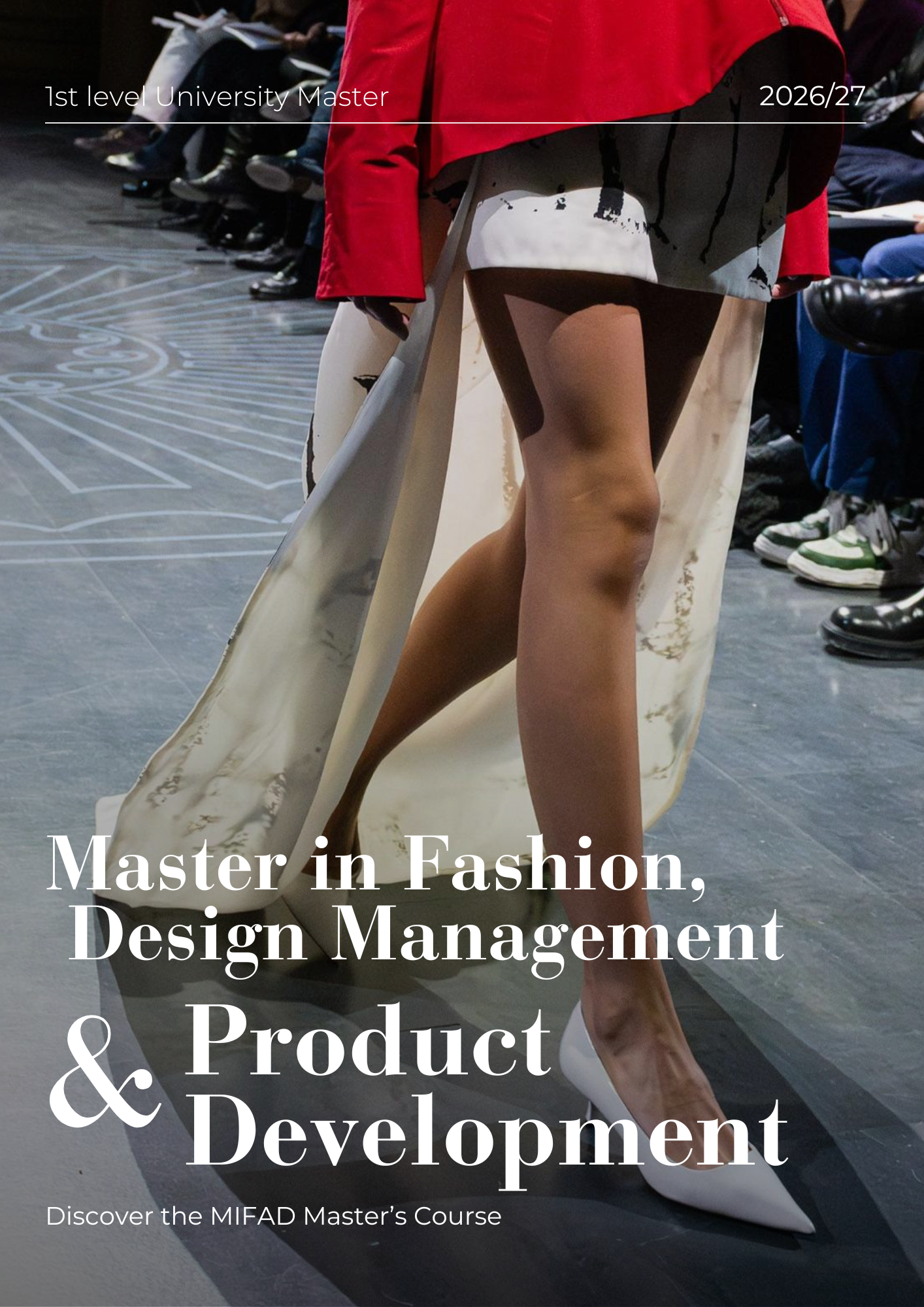DIRECTOR OF THE MASTER'S COURSE - MIFAD
Director of the Master 2024/25 & 2026/27:
ROBERTO LIBERTI, Associate Professor in Industrial Design at the University of Campania Luigi Vanvitelli, President of the Fashion Design bachelor’s degree, and coordinator of the FA.RE. Lab.
Expert in sustainable fashion, strategic design, and innovation, he collaborates internationally, shaping the future of fashion research and education. He is the coordinator for the Department's Job Placement and for Curricular Internships. He also coordinates the FA.RE. Fashion Research Lab with national and international research in the fashion sector. He teaches in the courses of Design for Fashion during the undergraduate degree course in Design for Fashion and Master of Science in Design for Innovation, Fashion Eco Design curriculum of the University Vanvitelli. He graduated in Architecture, with a grade of 110/110 cum laude, achieved in 1996 at the University of Naples Federico II. In 1999 he obtained a PhD from the University of Studies of Naples Federico II with a doctoral thesis entitled "Environmental requirements of the product "at the Department of Architecture Configuration and Implementation in collaboration with Sheffield University, Hatfield - London and Oxford Brookes University U.K.
A scientific education gained in the environment of national and international design gives research and strategic design skills in Fashion Design and Design, thanks to constant relationships with supranational research and training organizations (Iacocca Institute of Lehigh University U.S.A .; Oxford Brookes University, England; Saint Petersburg University of Technology and Design, Russia; Goenka University, New Dheli, India; Tecnologico de Monterrey, Campus Sonora Norte, Mexico; BIFT Bejing University of Fashion Technology, Beijing, China; ESMOD Japan, School of Fashion Design, Tokyo, Milan Polytechnic). From 2023 is the scientific director of Master of First level of Fashiin design and direction of MFI with CNMI.



